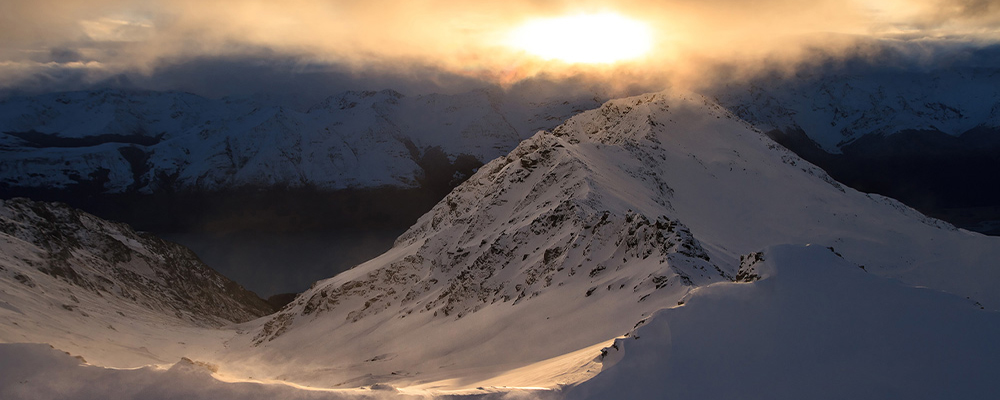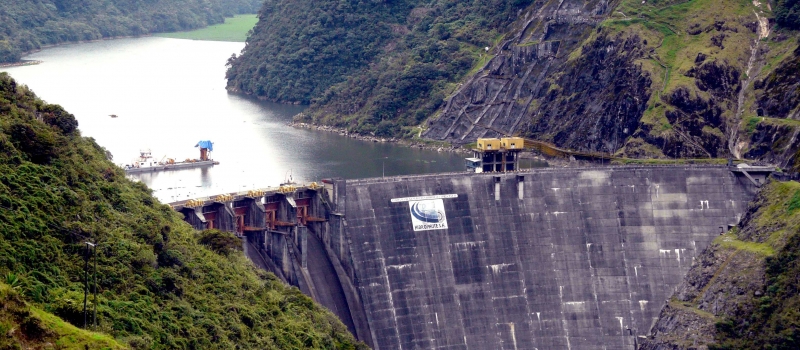
The varied causes of climate change and solutions to re-stabilise Earth’s climate have been ignored for too long.
Climate Change has now become a major issue on the global agenda. Mountain peaks are becoming bare of snow, glaciers are melting, fresh water is decreasing and deserts are on the increase. In short, natural disasters caused by human activities, which have induced climate changes, are severely effecting the lives of millions of people around the world and threaten billions. These are predicted to greatly increase with the present rate of environmental degradation. However this is not a time to be daunted by the scale of the situation. There are still important changes that can be made and which could prevent even worse disasters from occurring in the future. Yet this cannot happen if we ignore the situation, underestimate it, deny the causes or fail to prioritise it for action.
“Climate change would be a less immediate threat, if we had kept pace with commitments to sustainable development enunciated again and again over the years.” Download: UN,The Millennium Development Goals Report, 2008.pdf
Healthy mountain ecosystems are actually key elements within global climate regulation. Disturbingly since so much of the biodiversity within these regions has been removed worldwide and with mountain glaciers rapidly dissapearing, they are no longer able to effectively perform the important climate stabilizing and regulating functions that they once did.
Their ability to reflect solar heat is one of many reasons why glaciers are crucially important in global climate regulation. As they melt and become thinner this function becomes less effective, greatly influencing rising temperatures upon Earth. This greatly exacerbates climatic instability worldwide.
“Glaciers are a critical component of the Earth system and the present accelerated melting and retreat of glaciers has severe impacts on the environment and human well-being,including vegetation patterns, economic livelihood, natural disasters, and water-energy supplies.” (UNEP, 2007)
The extreme loss of mountain glaciers, snow and ice is already having profound and seriously negative affects upon the global climate, water supply and energy. Now that adequate water supplies are unreliable, the unnecessary stress that large hydro dams put upon ecosystems makes them no longer a viable option. When considering the immense importance of water related ecosystems for global fresh water, they may even be immensely detrimental to life far beyond their immediate vicinity. An example of this can be seen in the Andes.A recent study which, analyses 150 planned dams across six major river basins, which connect the Andes to the Amazon (a geographic scope spanning Bolivia, Brazil, Colombia, Ecuador, and Peru) warns that they would threaten many Andean-Amazon rivers.
These huge dams would disrupt the critical ecological connection that has existed for millions of years between the Andes and the Amazonian floodplain.

“Sixty percent of the dams would cause the first major break in connectivity between protected Andean headwaters and the lowland Amazon.” Download: Center for Intenrational Environmental Law in Washington, D.C, Matt Finer et al. 2012.pdf
We need to start seeing life in a far more interconnected manner and realize that damage to ecosystems on the other side of the world affect our weather and water and the future lives of our families. All fresh water related ecosystems need to be preserved and we need to avoid adding further stress to them. It has been predicted by scientist that there could be a total loss of mountain glaciers, snow and ice within 50 years. This is virtually unthinkable. Maybe Earth could resemble Mars very shortly if appropriate, effective, concerted global action is not taken promptly. The World Glaciers Monitoring Service (WGMS) measures the thinning of glaciers in terms of water equivalent, estimating that in 2006 shrinking was equivalent to the loss of 1.4 metres of water, compared with half a metre in 2005. This speed of loss is enormous and it is still accelerating.
It has to be remembered that this is the Earth’s stored fresh water supply and an essential part of the regenerative function of the global water cycle. This situation needs to be remedied. Yet this cannot be done, by using purely man-made technology. The solutions are however within nature. We just need to apply them swiftly.
